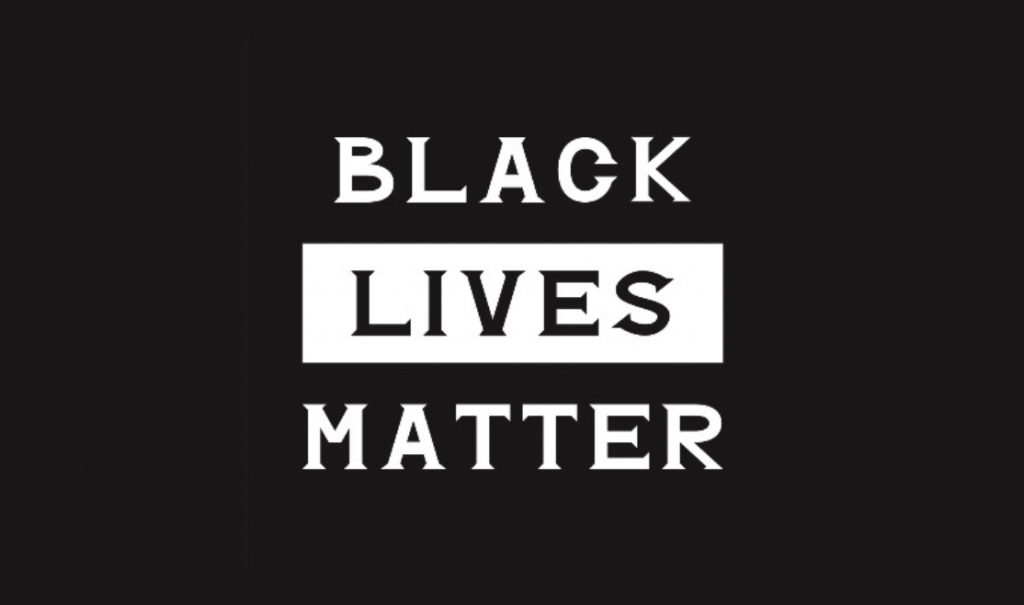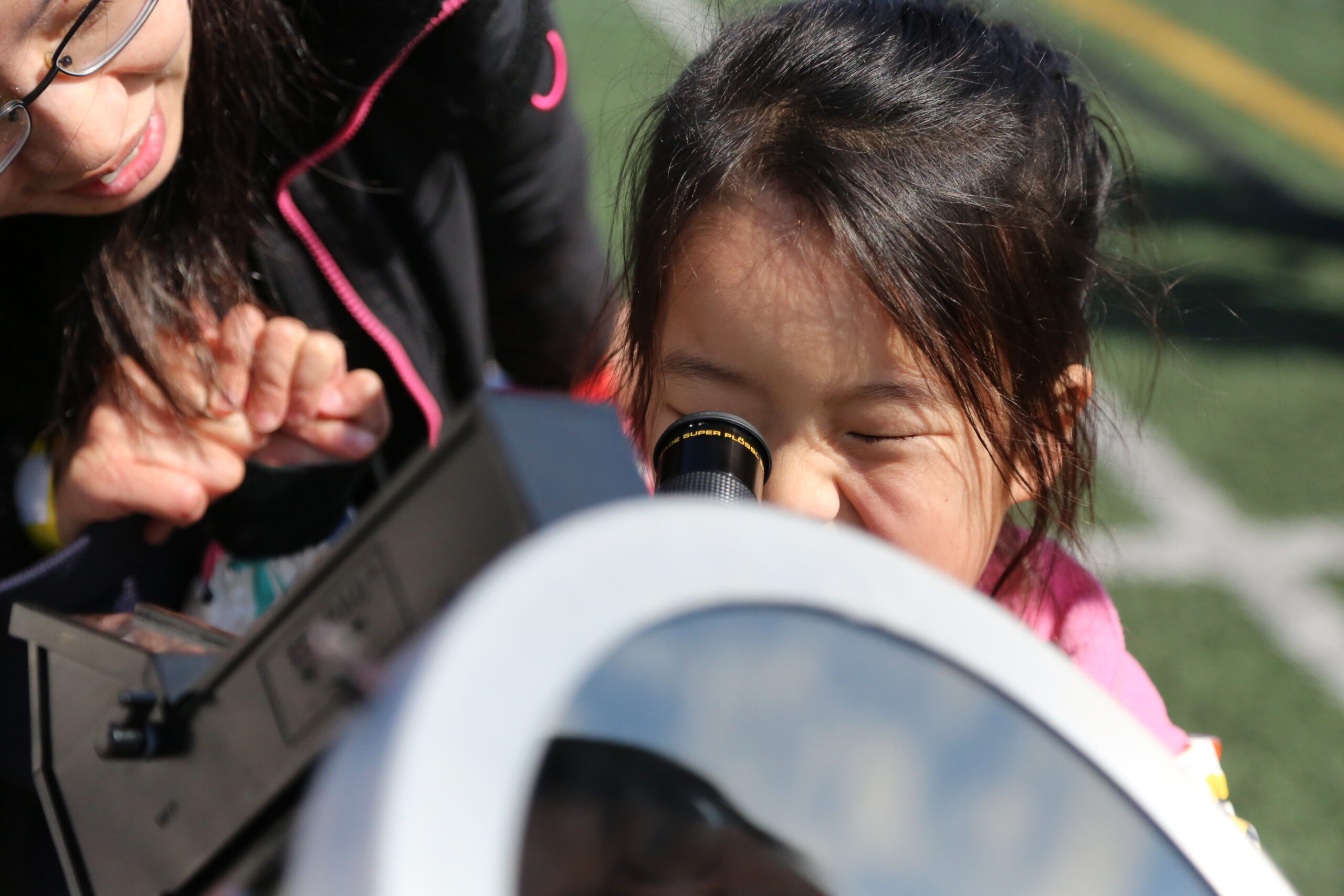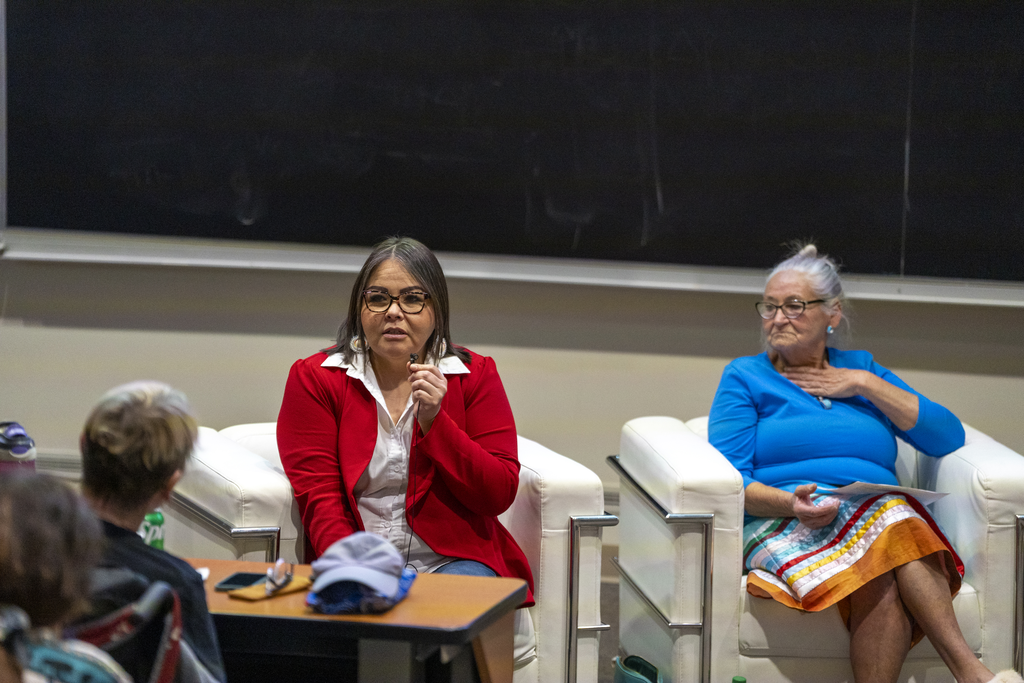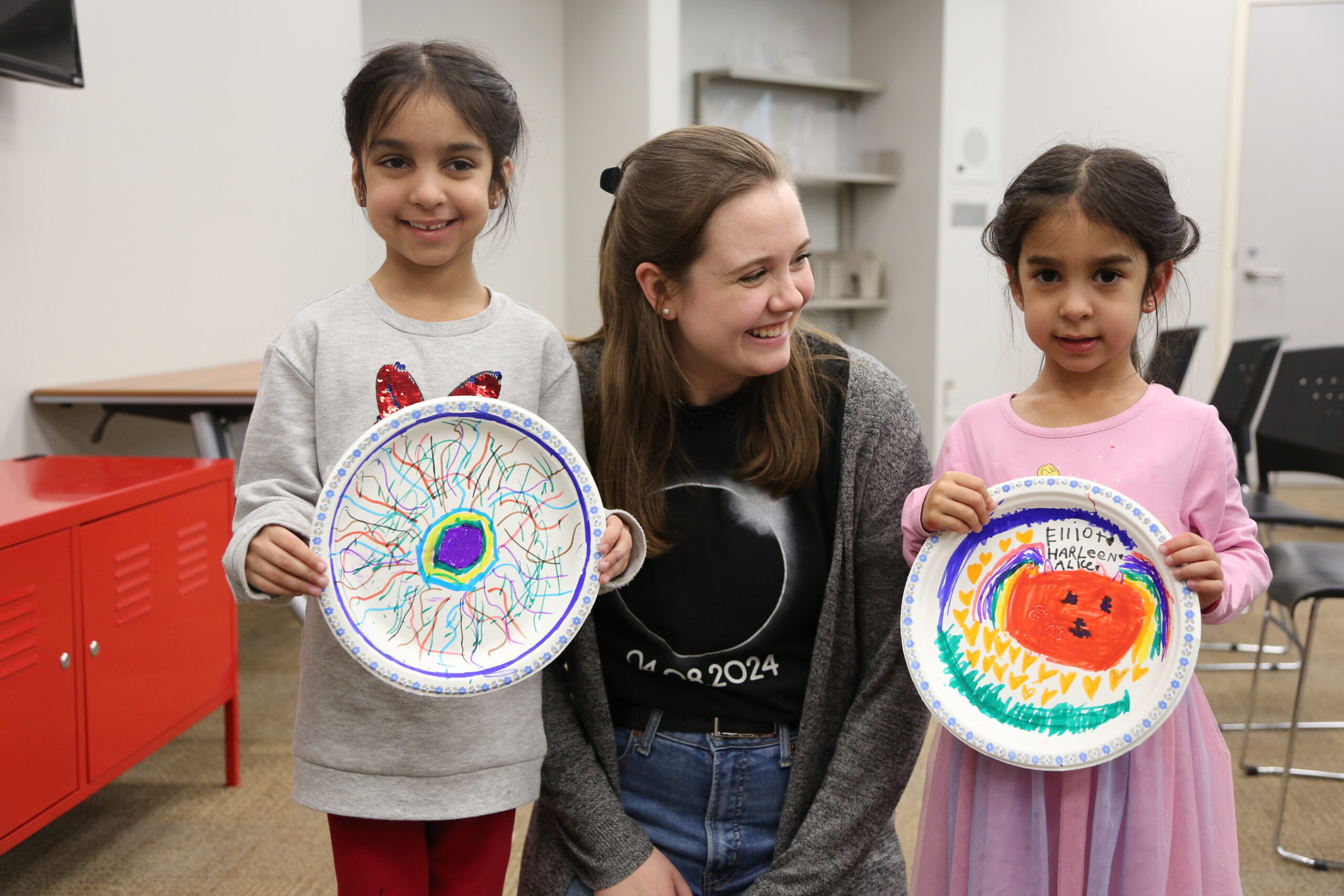Faculty And Staff Share Racial Justice Statement

Dean Maureen MacDonald emailed a link to the Daily News story about the statement on June 4 to 947 faculty and staff. The email has been opened nearly 2,800 times with 200 clicks on the link to the Daily News story.
“Racism – whether overt, subtle or silent – has absolutely no place in our Faculty of Science,” wrote Maureen in introducing the statement.
“Racism cannot take root if we stand united in advancing, championing and defending equity, diversity, inclusion and accessibility for all. Diversity leads to better science and diversity flourishes when everyone’s fundamental human rights, integrity and dignity are respected. Thank you for your continuing efforts to make our Faculty of Science an inclusive community for all learners, educators and researchers.
Here is the statement from the African-Caribbean Faculty Association of McMaster University:
Dear McMaster community,
We write this statement to express our sadness, frustration and anger in solidarity with those who stand against hatred, bigotry and anti-Black racism. The killing of George Floyd by Minnesota Police is a terrible injustice. So too are the recent killings of Ahmaud Arbery and Breonna Taylor. The needless death of Regis Korchinski-Paquet in Toronto as well as the 2003 wrongful arrest and imprisonment of Black trade-show exhibit assembler Michael Dixon by Hamilton police and the 2016 carding of Matthew Green remind us that anti-Blackness continues to be a local, pervasive threat to life in Canada as well. There have been so many lives lost to anti-Blackness.
Black Lives Matter.
We wish to express our respect, appreciation and support of Black students, staff and faculty at McMaster University and acknowledge your pain. As an association of staff and faculty with connections to Africa and the Caribbean, many of us are Black and are in pain and mourning ourselves. We acknowledge that this pain is intergenerational, perpetuated and repeatedly ignored.
While we recognize the current protest and calls for justice, we also recognize that these struggles of resistance have a long history. It is not the struggles that appear intermittent to some, it is our attention to systemic, structural, and historical racism, anti-Black racism, and colonialism that is intermittent. This is what must change.
If these moments evoke a renewed clarity for people, to appreciate and respond to the complexities of racism, we must do so by acknowledging our complicities and silences.
This cannot be approached by recognizing the values, contributions and worth of Black people only at times and in places and spaces deemed sufficient by non-Black people. It must be in every facet of what we do. It must be in our teaching, research, hiring, supporting, granting, chairing, leadership, resourcing, policies, and outcomes.
To do this, we must name white supremacy as a contemporary reality that perpetually obscures our aims for justice. This is beyond individual acts of hate and bigotry; this is insidious and systemic and we are all complicit. If the outcomes of our efforts are not experienced and lived as just, we need to do more. We must also recognize and support those who struggle, resist, and do this work everyday. This recognition and support must include valuing the contributions and leadership of those with lived experience.
Despite the dark times we find ourselves in, we are hopeful. Our world can be a better one, one where we treat each other with respect and that respect is institutionalized throughout our systems and structures as well. In the times ahead, if you would like to find meaningful ways to connect to and support this work or are in need of support, please reach out to the African-Caribbean Faculty Association of McMaster University.
Sincerely,
The African-Caribbean Faculty Association of McMaster University (ACFAM)
- Bonny Ibhawoh, Ph.D. – Professor, History/Peace Studies
- Juliet Daniel, Ph.D. – Professor, Biology
- Gary Warner, PhD. – Retired Associate Professor, French
- Alpha Abebe, Ph.D – Assistant Professor, Humanities
- Ameil J. Joseph, Ph.D. – Associate Professor, School of Social Work
- Daniel Coleman, Ph.D – Professor, English and Cultural Studies
- Lydia Kapiriri, PhD – Associate Professor, Health, Aging and Society
- Rodrigo Narro Perez – R3 Co-Convener, Instructional Designer
- Abeer Siddiqui – Science Librarian, University Library/Faculty of Science
- Sashaina Singh, MPH – Knowledge Broker, Office of Community Engagement
- Nayelli Perez – Career Development & Relationship Manager, Engineering Co-op & Career Services
- Selina Mudavanhu, Ph.D. – Assistant Professor, Communication Studies & Multimedia
- Janice Vital. Program Administrator, Communication and Multimedia
- Bianca James. Administrative Coordinator, Faculty of Humanities
- Eugenia Zuroski, PhD. – Associate Professor, English and Cultural Studies
- Kojo Damptey. R3, PACBIC
- Celeste Licorish, Access Program Manager, Office of Community Engagement
- Omolajipe Sanwoolu, Immigration & Mobility Advisor, Student Success Centre
- Alemu Gonsamo, Ph.D. Assistant professor, School of Geography and Earth Sciences
- Faith Ogunkoya – Team Lead – Student Services, Office of the Registrar
- Adeola Ojo – Communications Coordinator, Office of the Registrar
Related News
News Listing

Physics and Astronomy grad students offer out-of-this-world view at total solar eclipse viewing party
Community, Engagement excellence, Graduate students
April 8, 2024

The greatest of love stories: Panel shares Indigenous perspectives on the eclipse and astronomy
Community, Faculty, Outreach, science communication
April 8, 2024

